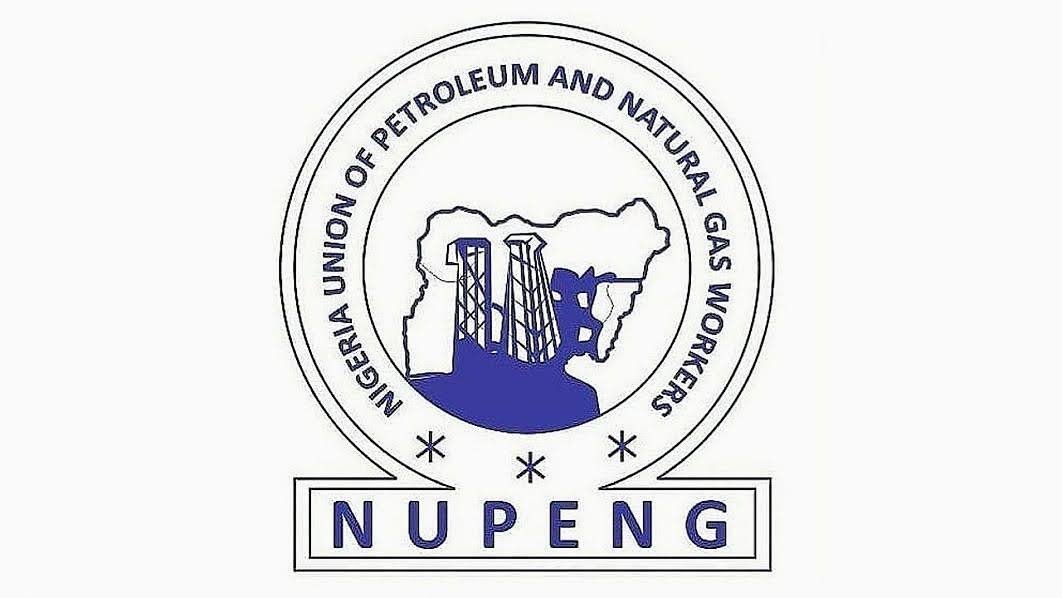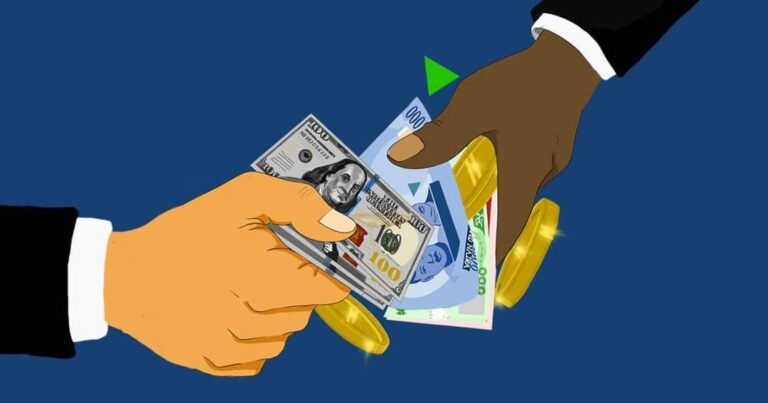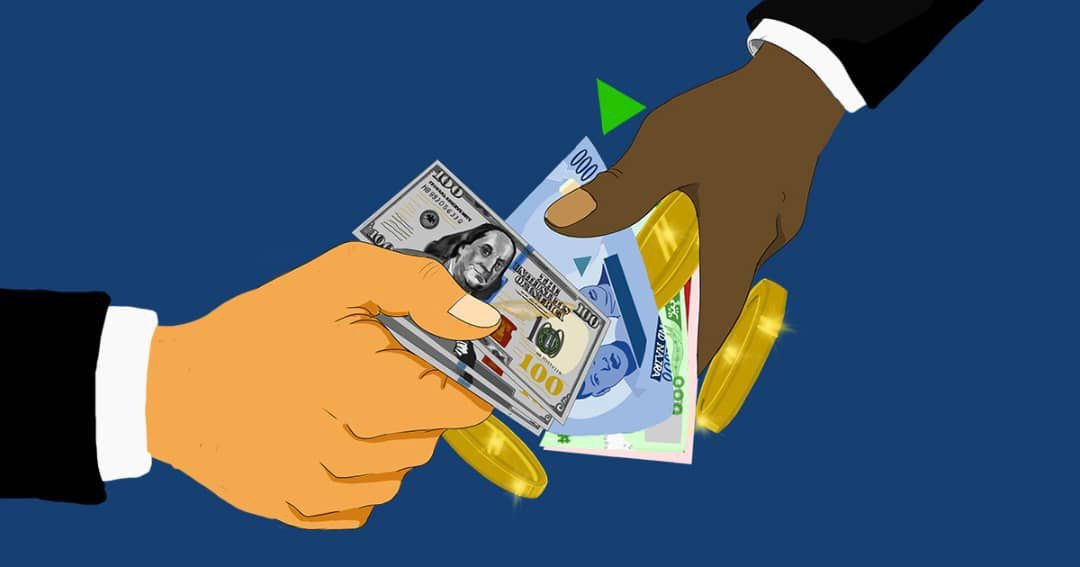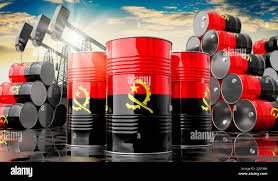Efforts to resolve the ongoing conflict between the Nigeria Union of Petroleum and Natural Gas Workers (NUPENG) and the Dangote Group ended in a stalemate on Monday, September 8, 2025, following a high-level meeting convened by the Federal Government in Abuja.
The discussions, led by the Minister of Labour and Employment, Muhammad Maigari Dingyadi, and the Minister of State for Labour, Nkeiruka Onyejeocha, aimed to address NUPENG’s grievances over the Dangote Group’s alleged anti-union practices but failed to produce an agreement.
The core issue revolves around the Dangote Refinery’s plan to deploy 4,000 compressed natural gas (CNG) trucks for fuel distribution, with a condition that drivers must sign undertakings not to join trade unions.
Also Read:
- Nationwide Fuel Distribution Halted as NUPENG Clashes with Dangote Refinery Over Anti-Union Policies
- Dangote Refinery Seeks $20 Billion to Buy Crude Oil from Outside Nigeria
- Dangote Refinery Reduces Petrol Price to ₦820/Litre
- NNPCL Issues Clarification on its Naira Crude Contract with Dangote Refinery
NUPENG has accused the refinery, owned by Aliko Dangote, of violating workers’ rights to unionize, a right protected under Section 40 of the Nigerian Constitution, the Labour Act, and international conventions such as the International Labour Organisation’s (ILO) Conventions 87 and 98.
The union argues that these practices threaten the livelihoods of its Petroleum Tanker Drivers branch and could lead to job losses.
The meeting, which began after 5 p.m. and extended late into the night, saw representatives from both sides, including NUPENG’s President, Williams Akporeha, and General Secretary, Afolabi Olawale, as well as Dangote Group’s Sayyu Dantata and Otunba Jibrin.
Also present were officials from the Nigeria Labour Congress (NLC), Trade Union Congress (TUC), and the Nigerian Midstream and Downstream Petroleum Regulatory Authority (NMDPRA).
Despite initial progress, with the Dangote Group reportedly agreeing to allow some workers to join NUPENG, disputes over the wording of the Memorandum of Understanding (MoU) derailed the talks.
Labour leaders claimed that the Dangote team attempted to include “offensive” clauses that could penalize workers for future strikes, prompting the NUPENG delegation to walk out twice.
Benson Upah, Acting General Secretary of the NLC, accused Dangote representatives of arrogance for exiting the meeting abruptly, stating, “Even when we bent over backwards to accommodate their uncompromising behavior, they walked out. The strike continues.”
Minister Dingyadi expressed hope that negotiations could resume on Tuesday, September 9, urging all parties to maintain peace to avoid further disruption to Nigeria’s critical oil sector.
The strike, which began on Monday, has already caused fuel shortages in states like Delta and Sokoto, with filling stations shutting down and transportation costs rising.
NUPENG has been joined by other unions, including the Petroleum and Natural Gas Senior Staff Association of Nigeria (PENGASSAN), the Natural Oil & Gas Suppliers Association of Nigeria (NOGASA), the Nigerian Association of Road Transport Owners (NARTO), and the Petroleum Products Retail Outlets Owners Association of Nigeria (PETROAN), all of whom have pledged solidarity and announced plans to halt operations.
PENGASSAN’s General Secretary, Lumumba Okugbawa, warned that continued resistance to unionization could lead to a complete shutdown of refinery operations.
The African Regional Organisation of the International Trade Union Confederation (ITUC-Africa) also voiced support for NUPENG, condemning the Dangote Group’s alleged anti-union practices as a violation of ILO conventions and Nigeria’s labor laws.
The organization, based in Lome, Togo, warned of continent-wide mobilization if the situation persists.
Human rights lawyer Femi Falana, SAN, backed NUPENG, citing violations of national and international laws, while the Minister of State for Health, Isaq Salako, cautioned that a prolonged strike could disrupt hospital operations due to reliance on fuel-powered generators.
NUPENG’s President Akporeha emphasized that the union’s actions are in the interest of Nigerians, stating, “We cannot allow an investor to enslave workers or monopolize the system.
This is not about one company; it’s about protecting the rights of Nigerian workers.” Meanwhile, NARTO highlighted the risk to its 30,000-strong fleet of trucks and the livelihoods of thousands of drivers, rejecting Dangote’s direct distribution model as unsustainable and anti-competitive.
As the strike gains momentum, the NLC and TUC have threatened broader action if the dispute remains unresolved, raising fears of widespread fuel scarcity and economic disruption.
The Federal Government continues to call for dialogue to avert further escalation.





















